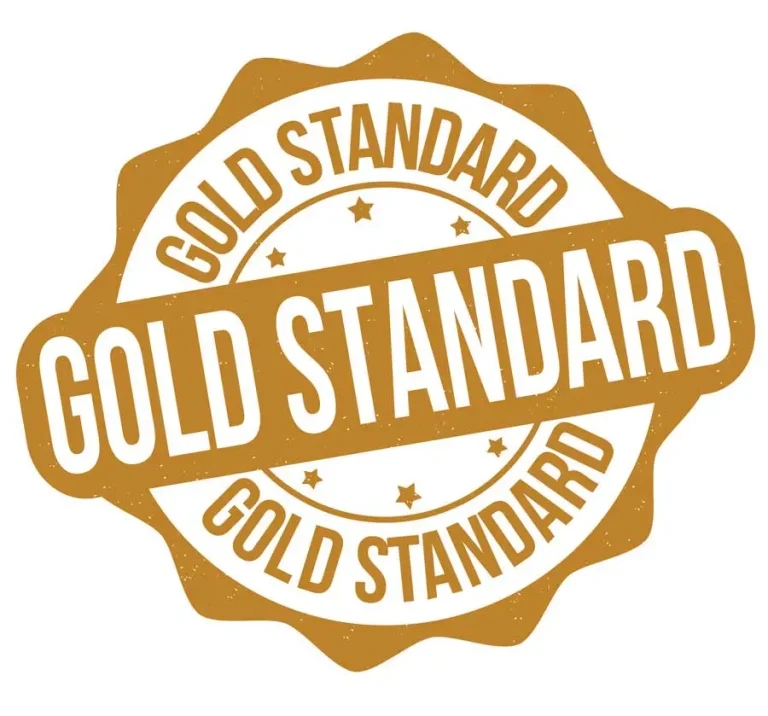7 Nov 2025
Charity officials called for unified action from the veterinary sector to support the delivery of contextualised care.

Image: Balint Radu / Adobe Stock
A veterinary charity has called on the profession to “debunk the notion of gold standard” care.
RCVS Knowledge yesterday (6 November) published its insights into the delivery of contextualised care within veterinary practice, along with a roadmap of recommendations to support it further.
Speaking in an accompanying webinar, the charity’s clinical lead for evidence, Sally Everitt, said: “There’s a need to debunk the notion of gold standard in veterinary care.
“Language is important; it changes the way we think and shapes our understanding of the world, and we suggest that everyone clearly and kindly calls out when the term ‘gold standard’ is used, as just the use of that term reinforces an unhelpful idea of a single best way to diagnose or treat an individual animal.”
The report featured insights from research gathered throughout the year via a literature review, a national forum and national summit on contextualised care held in February and July, respectively, focus groups, interviews and a survey.
The survey was completed by 417 veterinary professionals and 718 cat and dog owners.
More than half (55%) of veterinary professionals and the same proportion of pet owners felt they had experienced barriers to contextualised care.
Recent graduates from 2020 onward consistently reported facing more barriers to delivering contextualised care, with just 21% feeling they faced few barriers compared to 77% of those qualified in the 1980s.
The most frequently selected barriers by clinicians related to lack of continuity of care (47%) and financial constraints limiting the care they can provide (42%); others highlighted difficulties in communicating with owners regarding costs and feeling more comfortable when delivering “gold standard” care.
Veterinary professionals also identified a fear of regulatory scrutiny as a barrier, despite the RCVS updating its guidance to the Code of Professional Conduct last year to recognise the importance of contextualised care.
Dr Everitt said it’s “really important to reassure” clinicians that appropriate contextualised care won’t result in disciplinary action, adding: “There’s a real gap here between perception and reality, and so there’s a role for the RCVS, supported by veterinary associations and leaders, to completely and resoundingly debunk this myth.”
Among the roadmap’s recommendations are a campaign to increase awareness that contextualised care is an RCVS requirement, more explicitly embed the concept in education and training, and for practices to review their protocols to ensure they do not impact its delivery.
Asked what the most important next step is to support implementation of their recommendations, Dr Everitt noted the need for new terminology and added: “The first thing that we can do… is just for everybody to start talking about this and how we do this as normalised, I think we will make a big step forward.”
RCVS Knowledge chief executive Katie Mantell replied there’s “not one thing that trumps everything else”. She added: “It’s a systemic and complex issue, and it requires action from lots of different people and groups to really make a difference.”